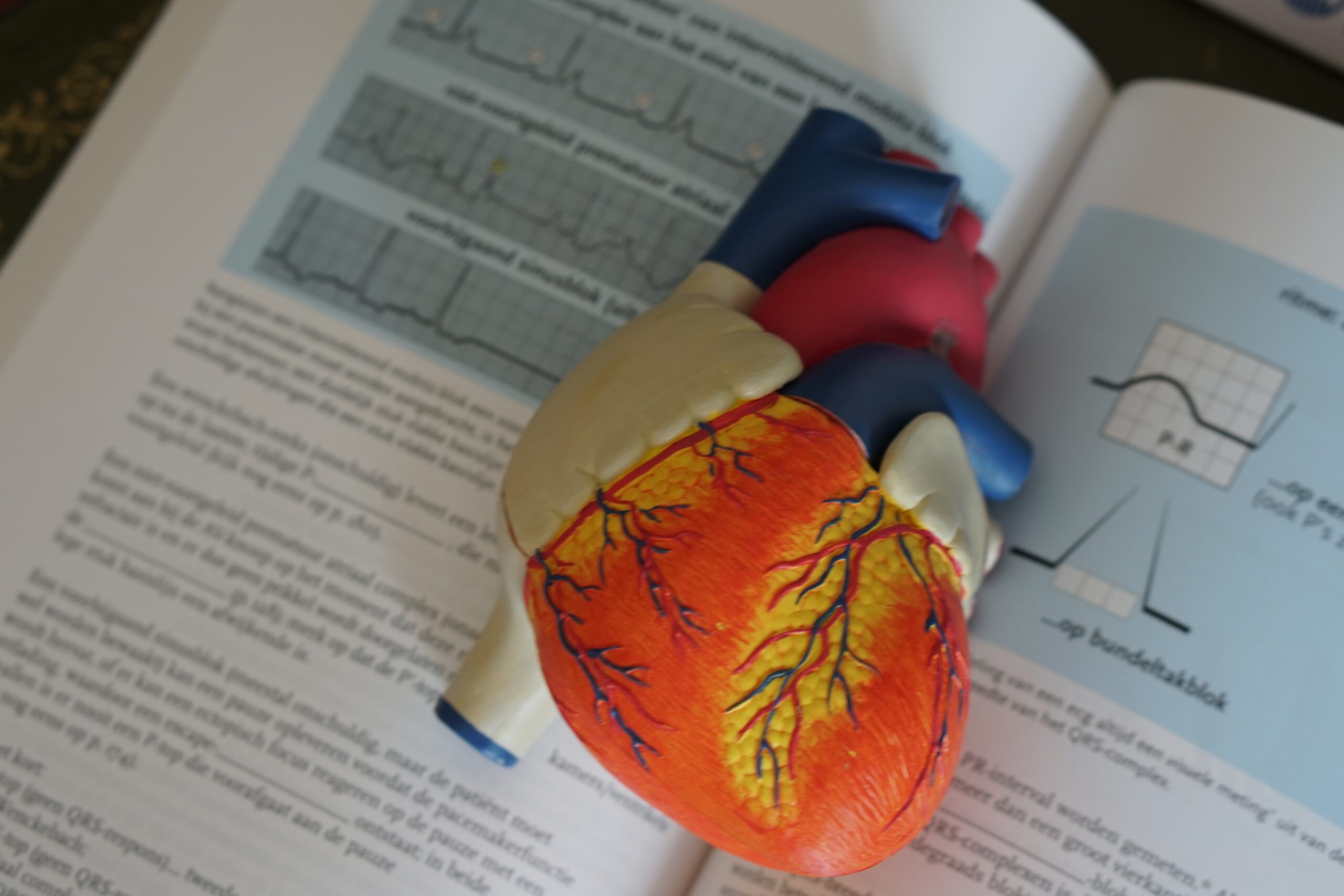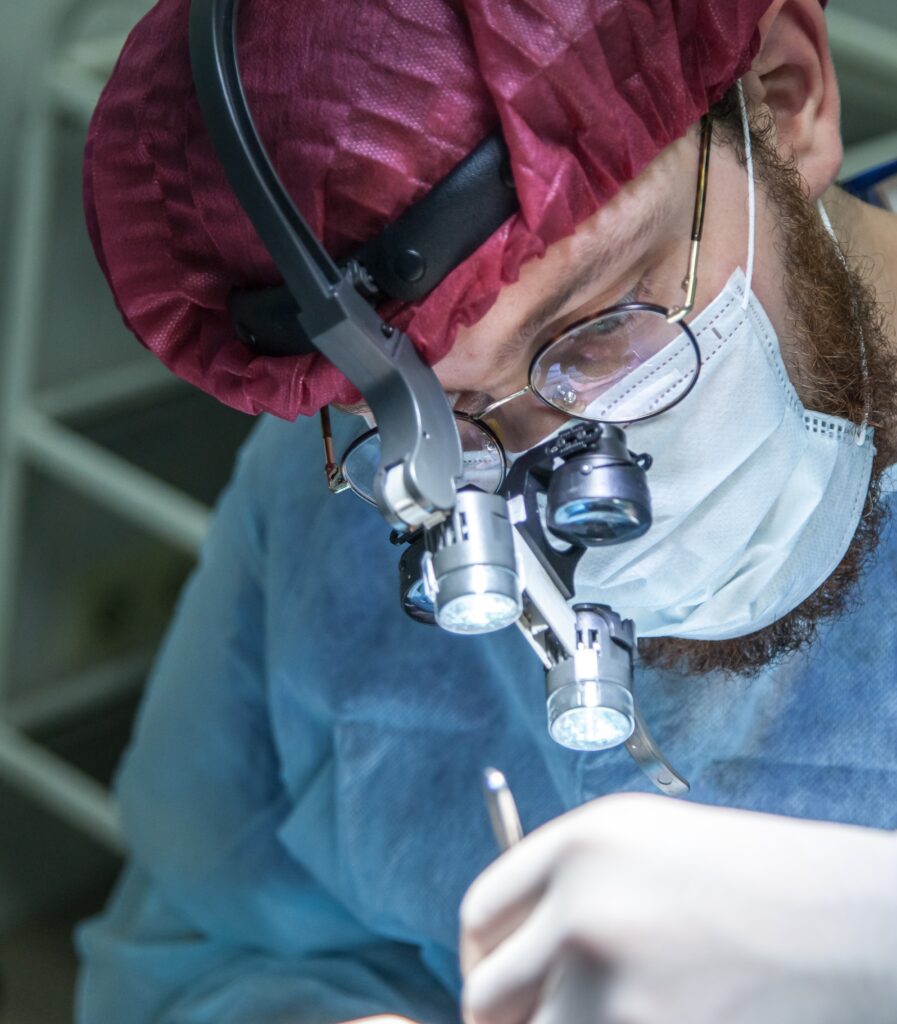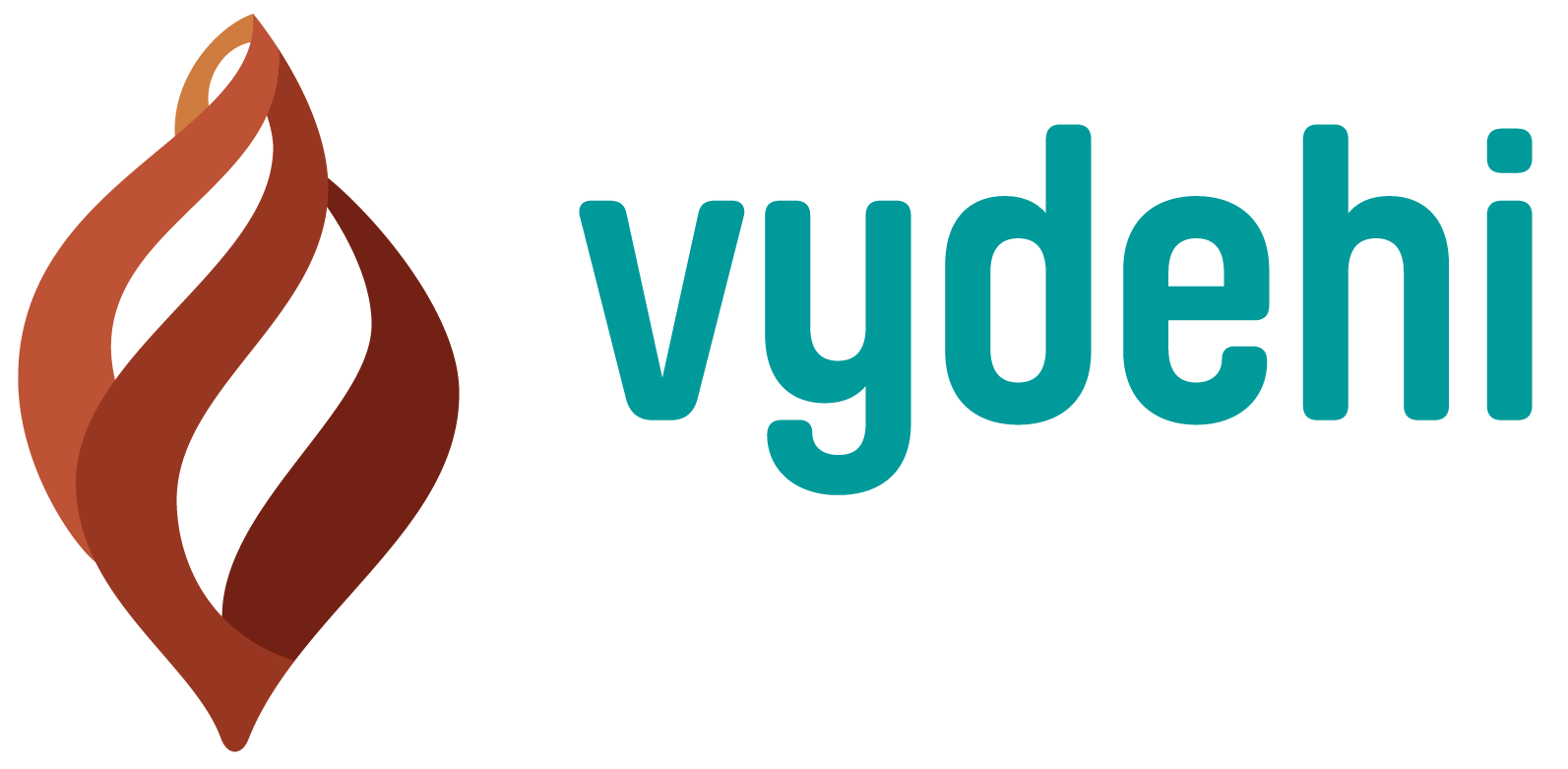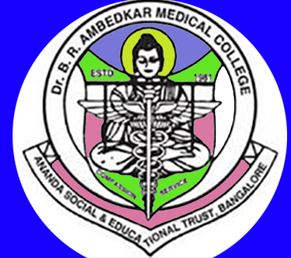Best Medical Colleges In India
The medical profession holds immense significance in India, especially as the country's health infrastructure is still in its developmental phase. The demand for qualified doctors to cater to the healthcare needs of the population is enormous. Reports from the Government of India emphasize the growing requirement for doctors in light of the country's present population.
However, with a steady increase in population, India is grappling with a shortage of doctors, falling below the recommended ratio set by the World Health Organization. This presents a tremendous opportunity for aspiring medical students to make a significant impact on the healthcare system.
India takes pride in its numerous medical colleges and institutions that offer a diverse range of courses in medicine. These institutions play a pivotal role in nurturing and training future doctors, equipping them with the necessary knowledge and skills to address the healthcare challenges of the nation. Aspiring medical students have the chance to become agents of positive change and contribute meaningfully to the well-being of society.

Medical Courses available In India
In India, the medical field offers a diverse array of courses, catering to various specialties and interests. Aspiring students can explore a wide range of opportunities to pursue a rewarding career in healthcare. These courses present a pathway for individuals to make a meaningful contribution to the well-being of society. Here are some of the medical courses presently available in India:
- Bachelor of Medicine, Bachelor of Surgery (MBBS): A popular undergraduate course that prepares students to become medical doctors.
- Bachelor of Dental Surgery (BDS): Focuses on dental health and prepares students to become dentists.
- Bachelor of Ayurvedic Medicine and Surgery (BAMS): Integrates traditional Ayurvedic medicine with modern medical concepts.
- Bachelor of Homeopathic Medicine and Surgery (BHMS): Focuses on homeopathic treatments and principles.
- Bachelor of Physiotherapy (BPT): Equips students with the knowledge and skills to provide physical therapy and rehabilitation.
- Bachelor of Pharmacy (B.Pharm): Focuses on pharmaceutical sciences and prepares students for careers in the pharmaceutical industry.
- Bachelor of Occupational Therapy (BOT): Trains students to assist individuals in improving their ability to perform daily activities.
- Bachelor of Optometry (B.Optom): Focuses on eye care and prepares students to become optometrists.

Admission process for medical colleges in India
The admission process for medical colleges in India typically follows a structured and competitive procedure. Here is a general overview of the admission process:
Eligibility Criteria: Candidates must meet the eligibility criteria set by the respective authorities, which usually include minimum academic qualifications, age limits, and mandatory subjects (such as Physics, Chemistry, Biology, and English) in their qualifying exams.
Entrance Examinations: Students are required to appear for national or state-level entrance examinations. The most common entrance exams for medical courses in India include NEET (National Eligibility cum Entrance Test) for MBBS/BDS and AIIMS (All India Institute of Medical Sciences) entrance exam for admission to AIIMS institutions.
Application and Counselling: After the entrance exam results are announced, candidates need to apply for counselling and seat allocation. They must register on the respective counselling authority’s website, fill out the application form, and select their preferred colleges and courses.
Seat Allotment: Based on the candidates’ merit and preferences, seats are allocated during the counselling process. The allocation process may involve multiple rounds, depending on the number of seats available and the number of applicants.
Document Verification and Admission: Shortlisted candidates need to attend document verification sessions at designated centers. Once the documents are verified, candidates can proceed with the admission process by paying the required fees and completing any additional formalities.
It’s important to note that the admission process may vary slightly depending on the specific college or university. Therefore, students should refer to the official websites of the respective authorities and institutions for detailed information and updates regarding the admission process.
Top Medical Colleges In India













